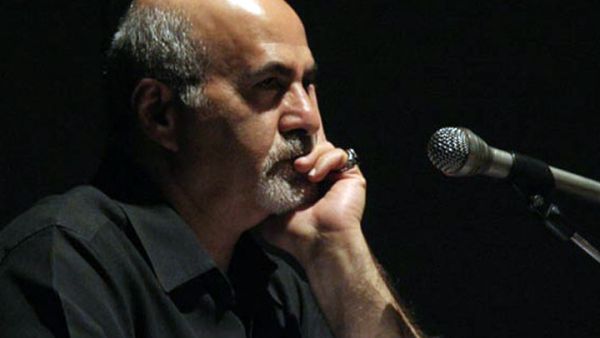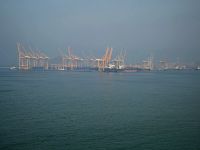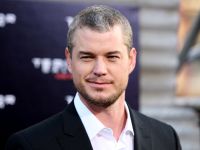Culture Vultures in Dubai wll get the rare treat of attending a world premiere of a stage show on Monday.
The auditorium will fill and the anticipation will grow as the crowd take their seats. Unlike your average opening night, though, the main players will not be beset with nerves or muttering lines under their breath.
That’s because these actors are wooden, and that’s not an insult.
Premiering at Ductac, Mall of the Emirates is ‘Hafez Puppet Opera’, a beautiful and epic play from veteran theatre director and a pioneer of traditional Persian puppetry, Behrouz Gharibpour. Behrouz is a renowned expert on the puppetry of the Qajar dynasty - a family who ruled Iran from 1785 to 1925.
In fact, in an effort to revive the ancient art, he founded puppet theatre centres in Tehran and Esfahan 10 years ago. At the time, he says, there were just a few skilled puppeteers. Today his team, who are in Dubai to help him stage and sing in his show, is 30-strong.
The Hafez Puppet Opera tells the tale of the legendary Persian poet Khwāja Shamsu d-Dīn Muhammad Hāfez-e Shīrāzī, known more simply as Hafez. The poet is so revered, and the story of his 12th Century life so steeped in folklore and myth, that Behrouz feels no actor alive could play him.
“I cannot think of any actor who deserves to play Hafez,” he says. “Therefore I’ve created a new form of puppet theatre inspired by my love and passion for these characters.” Born in 1348 in Shiraz, Hafez is celebrated for his ‘Ghazal’-style poetry and ability to recite 14 narrations of the Holy Quran from memory.
Witnessing the often violent rise and fall of more than 16 rulers of Shiraz during his lifetime, Hafez’s poetry contains layers of political and social commentary that is still being studied today. His personal life and love of a girl called Shah Nabat also inspired divine collections of romantic poetry. Having directed large-scale plays in the past with casts upwards of 300 actors, Behrouz says working with puppets is not, however, the easier option: “In many cases working with puppets is more difficult than working with actors whom you can ask to show a desired expression. With puppets there is no process of developing the story in an interactive way. You need to create the puppet’s expression before the performance.”
Behrouz explains his approach to the challenge of trying to get the audience to relate to the characters and forget they are being ‘played’ by puppets.
“I consider puppet theatre an ‘objects revolution’. The assembly of light, music, location, and puppets will all change the perception of the viewers so that they are not just watching a bunch of wooden and sponge-made puppets.
“A great piece of artwork is the one that does not allow you to think from what, and how, it is made. When you look at a work by Michalangelo you don’t think about what kind of stone he used.” Behrouz knows, though ,that in the age of Twitter, YouTube and always-on entertainment he faces a serious battle to get the next generation interested in puppetry.
“[People] are familiar with Jim Henson’s ‘Muppets’ but I choose the frame of the stage versus a TV frame,” he says. “I’m not in a fight with other mediums but I borrow from them to make my puppet theatre language stronger.”
Behrouz is able to premiere his labour of love in Dubai tomorrow thanks in part to the support of not-for-profit film education initiative Documentary Voices.
Having been privy to rehearsals, Documentary Voices founder Mahshid Zamani implores people to take a chance on this unu-sual theatre experience. She sys: “It goes beyond my imagination and expression to describe a puppeteer’s emotions and the set-up of the Puppet Opera show. “One has simply to be there on the spot, to immerse oneself and see with one’s own eyes the depth of creativity in which poetry, drama, theatre and music are all infused.”








